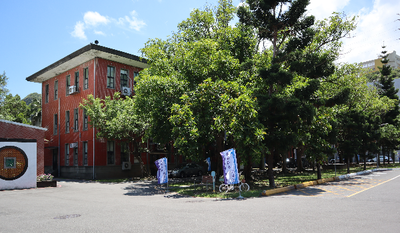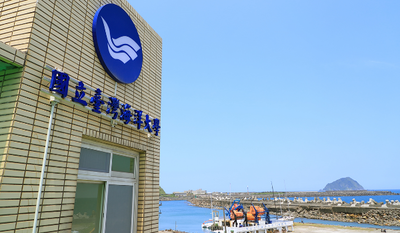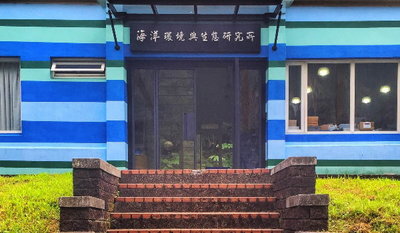Introduction
Background
In order to provide a sound strategy for effective management and utilization of sustainable marine resources requires protection of the marine environment as well as fundamental research focused on marine ecosystems.
Marine ecosystem research is challenging for many reasons, among them the high sensitivity exhibited by marine ecosystems to environmental stressors that include unchecked human development and associated activities as well as global warming related climate changes. As a result, the near shore marine environment is often deleteriously affected by unmitigated human utilization.
Examples include: significant declines in near shore primary production and fishery stocks due to dam construction on rivers; unusual and toxic phytoplankton blooms and Red Tide phenomena reported from around the world, attributed to the discharge of raw sewage into coastal environments, to name just a few.
It is obvious that marine ecosystems are very sensitive to perturbations of near shore marine environments.
Prupose
Taiwan is an island nation and as such, one of the most important challenges for oceanographers in Taiwan is to develop the foundations for an effective and progressive marine policy for the sustainable development and management of Taiwan’s precious and finite marine resources.
Additionally, in order to improve our understanding of the inter-relationships between marine ecosystems, global climate change and human society for the benefit of all nations, Taiwan must rely on scientists with a background appropriate to the demands of research in the fields of marine environmental chemistry and marine ecology.
Due to a serious shortage of marine environmental scientists, National Taiwan Ocean University requested support from the National Education Department in June of 2004 for the establishment of the Institute of Marine Environmental Chemistry and Ecology (IMECE). 2014 Change name to Institute of Marine Environment and Ecology(IMEE). This request was approved in February of 2005 and the new institute will have graduate students enrolled starting fall of 2006. To encourage IMEE faculty to concentrate their efforts on the achievement of outstanding research, IMEE established an award system.
Moreover, IMEE proposed a fellowship account to attract excellent graduate students to study at IMEE and join faculty research projects. Furthermore, IMEE also provides scholarships to graduated students who want to continue on to earn a Ph.D. degree abroad. As such, IMEE will become an excellent nursery for inquiry into marine systems and for providing accomplished marine environmental scientists who can greatly contribute to the national priorities of Taiwan.
Academic
The objectives of IMEE are to train students and provide them with the requisite knowledge and abilities to carry out research and field investigations in marine environmental chemistry and ecology. Graduate students can select marine environmental chemistry and/or marine ecology as their major and focus area for their theses. Also, in order to pursue new knowledge and discoveries, marine research often needs a collaborative team consisting of scientists with varied expertise working well together.
IMEE has set up a long-term inshore project, focused on research in marine environmental chemistry and marine ecology through collaborations of faculty and graduate students. It is important that IMECE graduate students have the ability to conduct collaborative research and learn how to apply their professional knowledge and techniques in field investigations.
Research Objectives
Marine ecological systems are very sensitive to perturbations in near shore environments due to global environmental changes and human development as well as associated activities. IMEE has the following scientific objectives: to understand and predict potential impacts on marine environments of changing forcing functions (currents, ocean circulation, light regime and water temperatures) and chemical compositions (nutrients, organic matter, trace metals and environmental hormones) on marine primary productivity and ecological food chains, such as phytoplankton, zooplankton and bacteria.


















